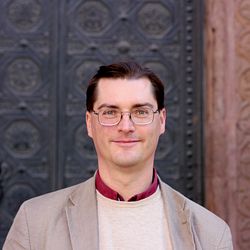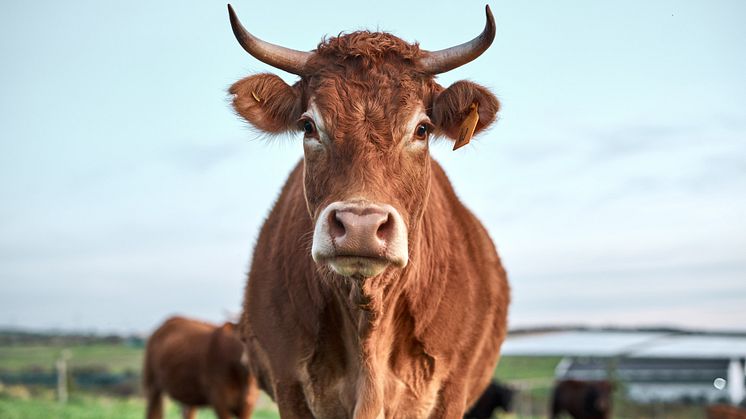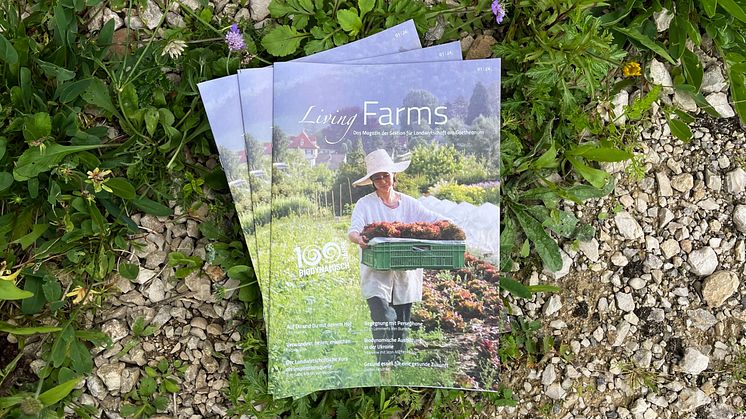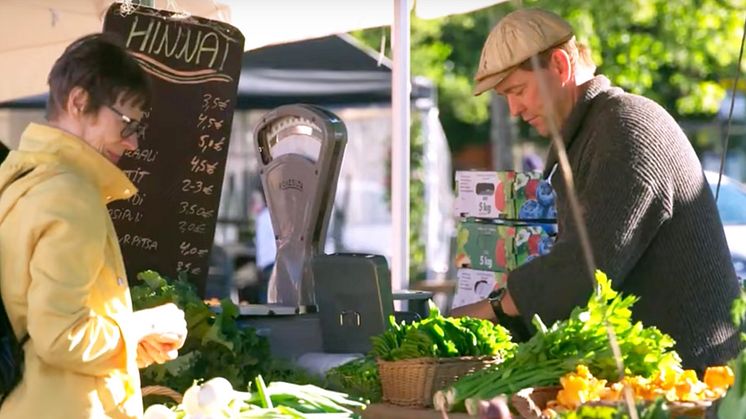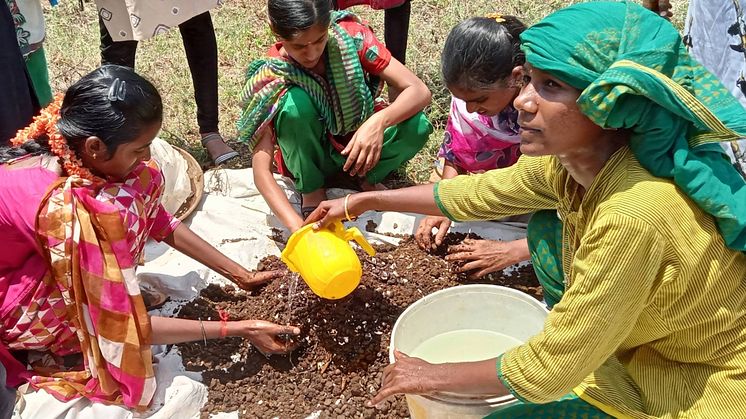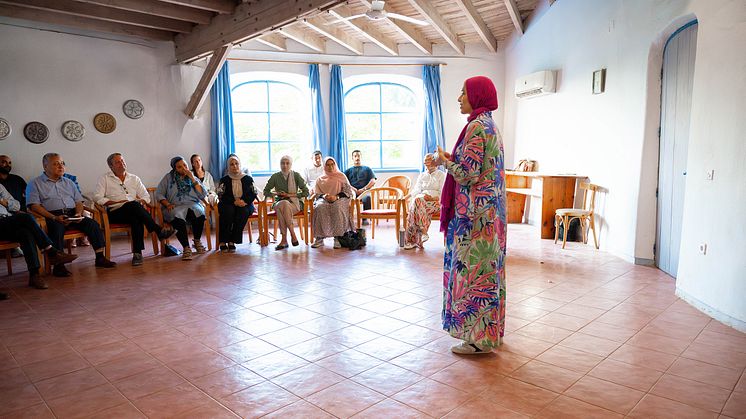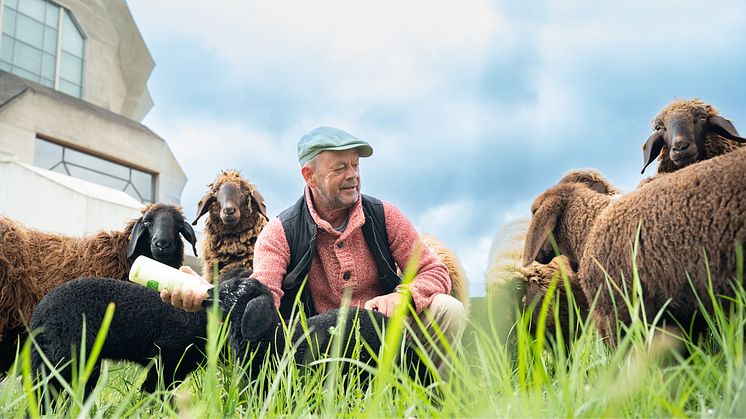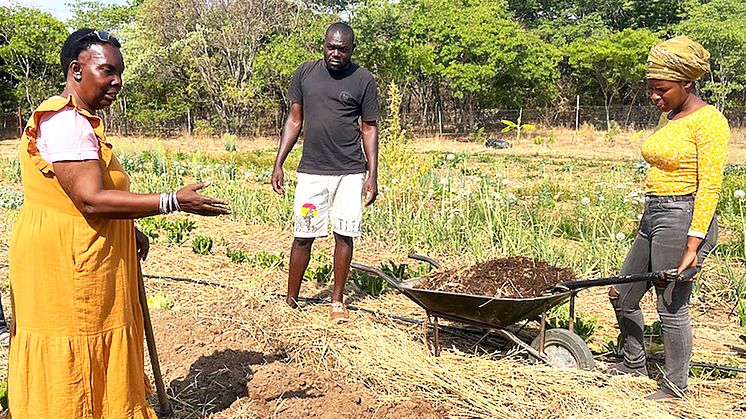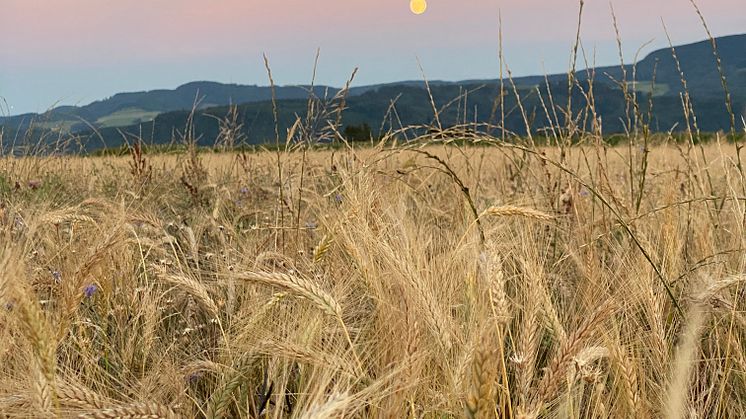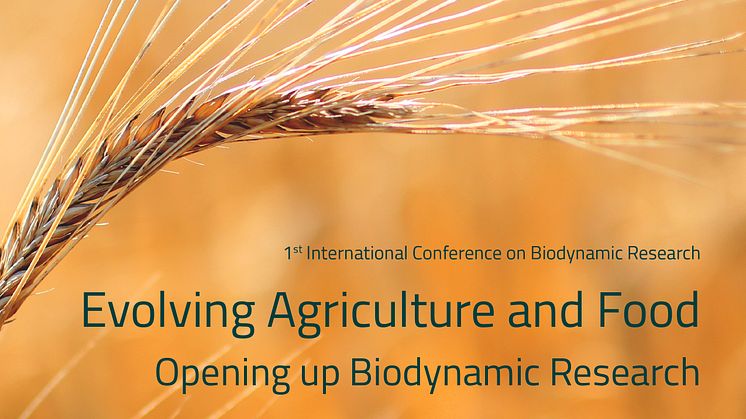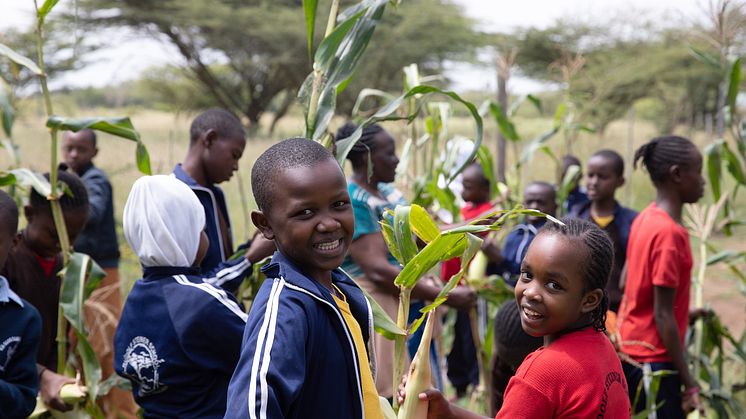
Press release -
More than agriculture >>> Biodynamic farming creates healthy agricultural and social environments
Goetheanum, Dornach, Switzerland, 19 December 2023
Biodynamic agriculture was initiated a hundred years ago, in 1924, pioneering the eco-movement. Today, its dedication to healthy soil and food also provides impulses for a healthy social life. The method is implemented by both smallholders and large biodynamic enterprises.
In 1924, Rudolf Steiner was asked by farmers for a contribution to improve farming because it was apparent by then that the widely used synthetic nitrogen-based fertilizers were damaging the soil. This was the moment when biodynamic farming was born, the now oldest organic form of agriculture with Demeter as its registered trademark. Today, 230 000 hectares in 64 countries are farmed according to Demeter standards.
Trials have shown that biodynamic farming enhances the resilience of agricultural ecosystems. The continuous building up of healthy and fertile soils, for example, encourages diversity on the land and makes plants more resilient to pathogens, while the cow-calf-contact approach increases animal welfare.
Scientific trials like the one carried out by the Research Institute for Organic Farming in Switzerland prove that biodynamic farming helps to mitigate climate change by reducing greenhouse gas emissions and by means of carbon sequestration (DOK trial). Small farmers in Egypt use this fact to gain an additional income by selling carbon credit certificates (Economy of Love Certification).
Since 2020, Binita Shah‘s compost project in India has opened up new perspectives for around 50 000 small farmers. Biodynamic urban gardens in Rosario, Argentina, and biodynamic school gardens as the one in Mbagathi, Kenya, also give people from poor backgrounds independent access to healthy food. In the Philippines the Koberwitz 1924 Project provides a basis for self-sufficiency.
In the centennial year 2024 biodynamic farming will assess its future potential and the Section for Agriculture will hold its annual conference in Dornach, Switzerland, from 7 to 10 February.
(1960 characters, 295 words/SJ; English by Margot M. Saar)
Book (German) Rudi Bind und Ueli Hurter: Biodynamisch! Geburtsstunde der biodynamischen Landwirtschaft am Ausgangspunkt der Ökobewegung [Biodynamic! The birth of biodynamic farming at the starting point of the organic movement], Verlag am Goetheanum 2023
Contact person Anna Storchenegger
Related links
Topics
Categories
The Goetheanum is the headquarters for the School of Spiritual Science and the General Anthroposophical Society. The School of Spiritual Science with its eleven sections is active worldwide in research, development, teaching, and the practical implementation of its research findings and is supported by the Anthroposophical Society.

